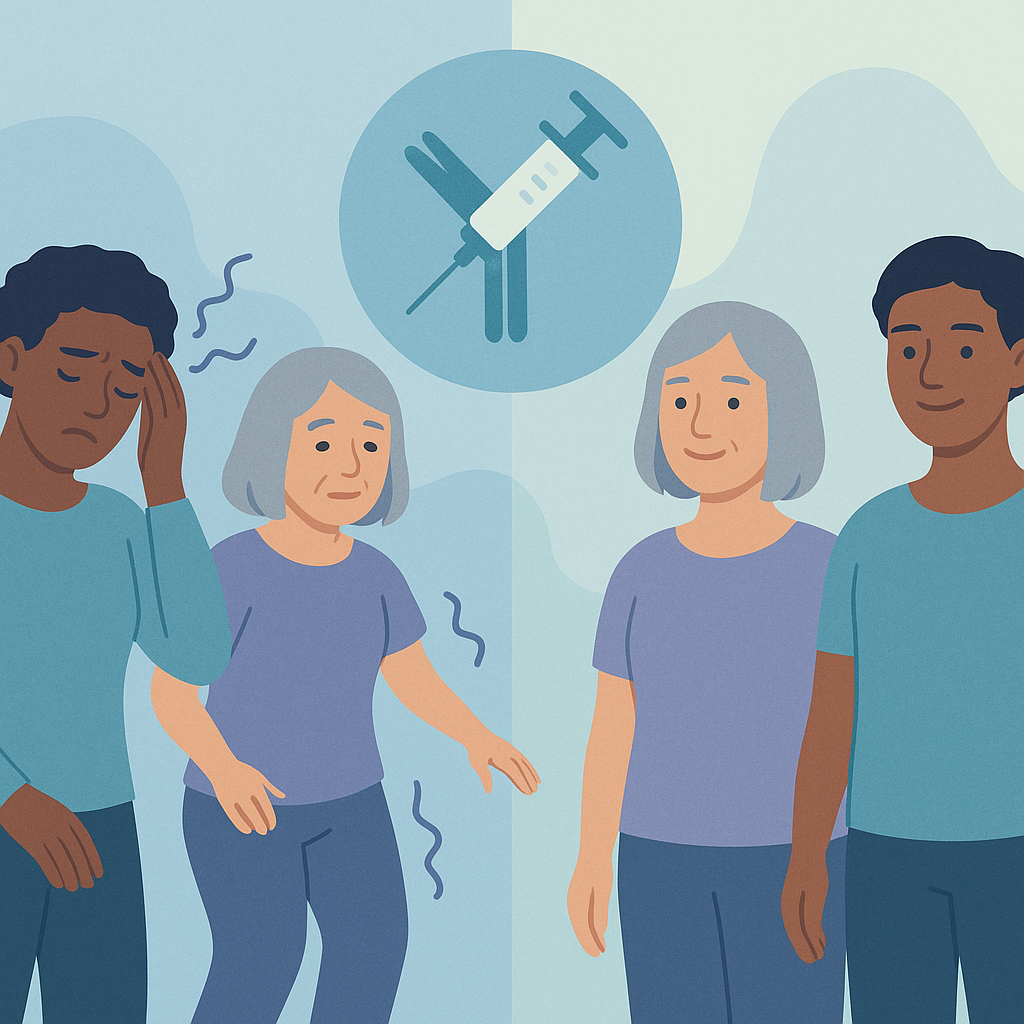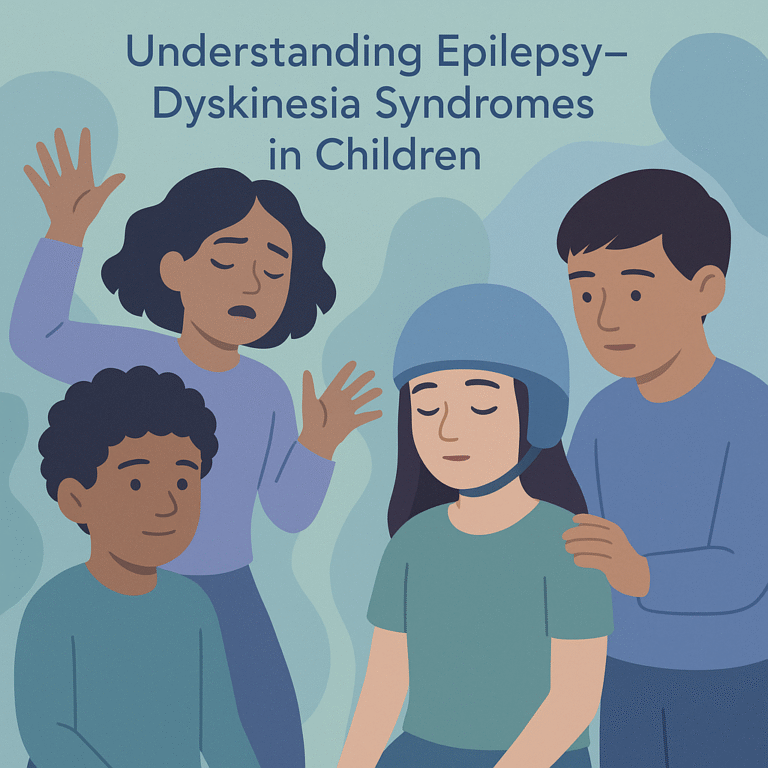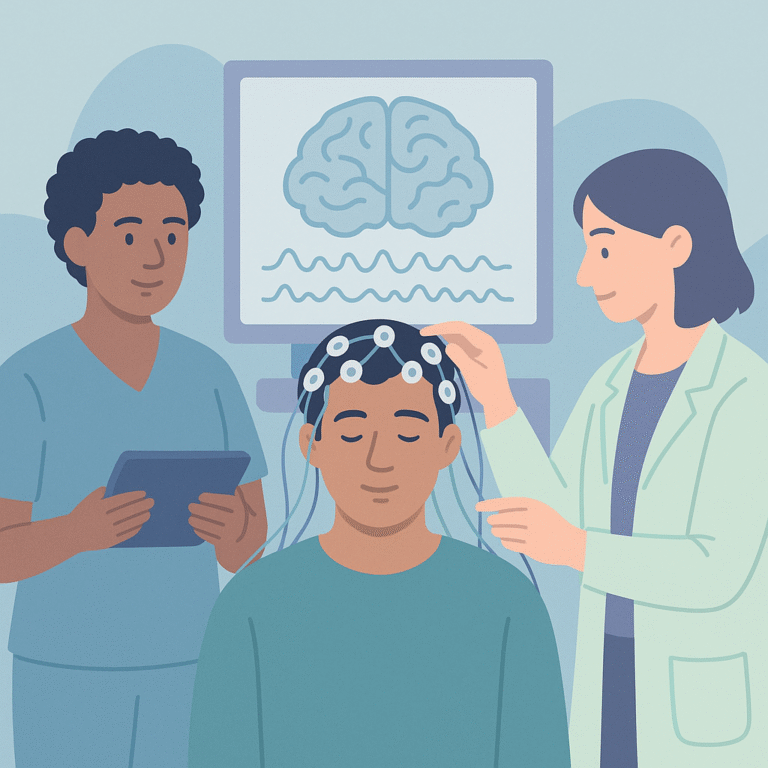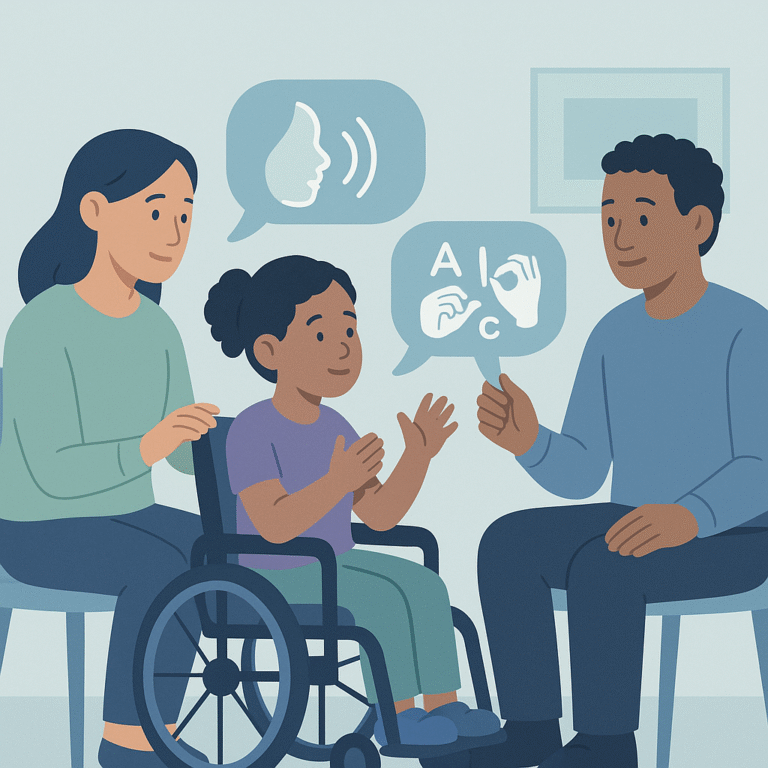Improving Seizures and Ataxia with Anti-GAD Antibody Treatment
Summary
Researchers examined a case involving a patient with chronic focal epilepsy, along with symptoms like upbeat nystagmus (a type of eye movement) and cerebellar ataxia (problems with coordination and balance). The study focused on the presence of anti-glutamic acid decarboxylase (GAD) antibodies, which are linked to various neurological conditions. The patient was treated with immunosuppressive medications and benzodiazepines to manage their symptoms.
The main finding of this study is that the patient's symptoms, including seizures, improved significantly after receiving treatment with corticosteroids and azathioprine, an immunosuppressive drug. The previously difficult-to-control seizures became completely managed after the addition of benzodiazepines. This suggests that testing for anti-GAD antibodies could be important for patients with epilepsy who also have other neurological issues, as targeted treatment may lead to better outcomes.
This research is important because it highlights a potential link between anti-GAD antibodies and certain types of epilepsy, which could help guide treatment for similar cases. However, it is essential to note that this study is based on a single patient, and more extensive research is needed to confirm these findings. The results should be interpreted cautiously, as they come from an observational case rather than a large-scale clinical trial.
Related reading
- Hippocampus Plays Key Role in Epilepsy Development
- New Nanocapsules Target Brain to Treat Epilepsy and Improve Mood
- Cinnabar Shows Promise for Managing Seizures in Mice
- New Compound Shows Promise for Treating Epilepsy Seizures
- New Method Identifies Seizure Areas Using EEG Data
Free: Seizure First Aid Quick Guide (PDF)
Plus one plain-language weekly digest of new epilepsy research.
Unsubscribe anytime. No medical advice.





